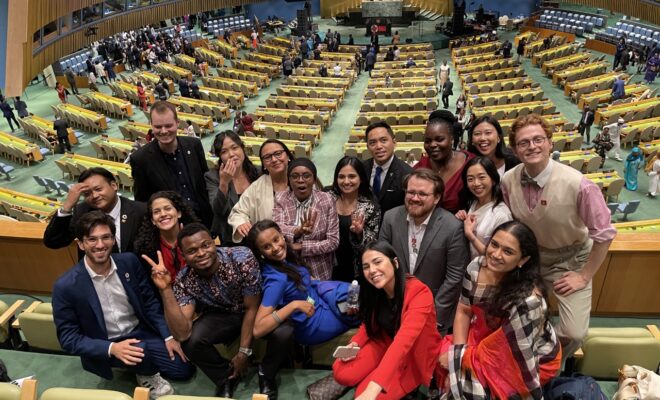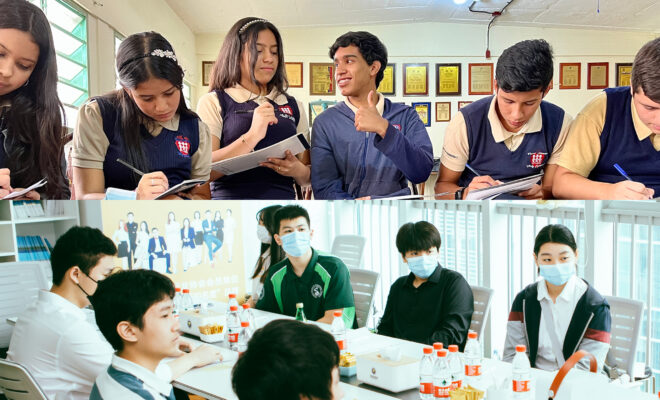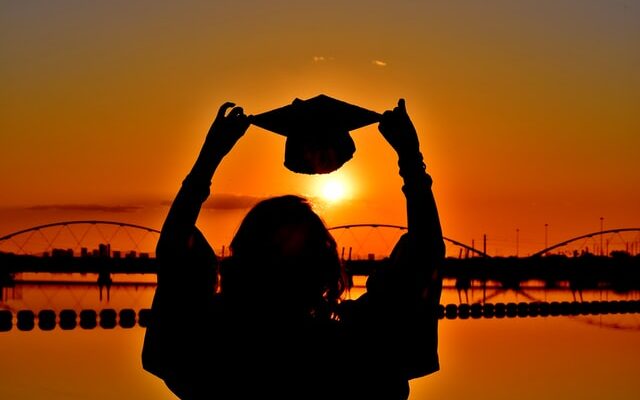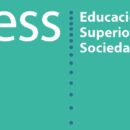Making youth visible and heard
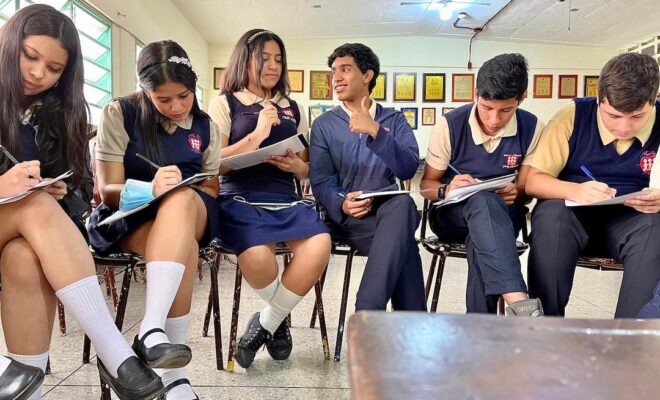
Today, August 12, UNESCO IESALC joins the celebration of International Youth Day and the work of the United Nations System to incorporate all voices and generations to ensure they are not left behind.
The objective of International Youth Day 2022 is to amplify the message that action is needed across all generations to achieve the Sustainable Development Goals (SDGs) and leave no one behind. It will also raise awareness on certain barriers to intergenerational solidarity, notably ageism, which impacts young and old persons while having detrimental effects on society as a whole. Youths who are interested in participating in this call to action can incorporate their voices by joining the campaign here.
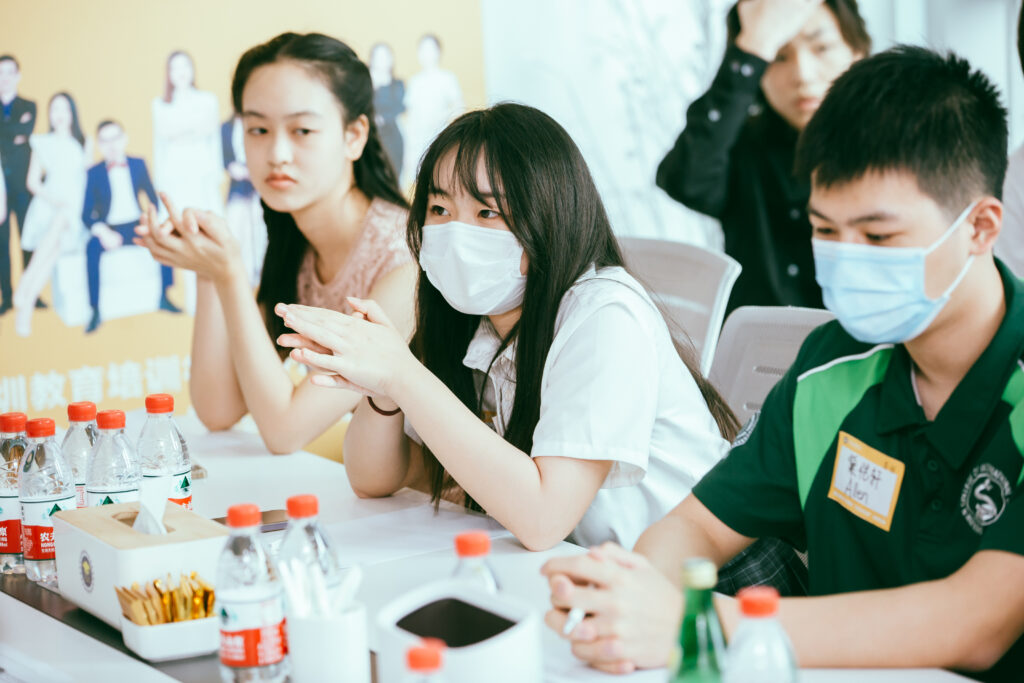
In this context, it is relevant to share the voices of young people who have joined the Futures of Higher Education, a UNESCO IESALC project where young people have had the opportunity to express their perceptions of their current understanding of higher education, share their thoughts on the role of higher education in their future and go further to identify the challenges and opportunities for the futures of higher education in a broader societal setting.
The product of this work will be shared in the Youth Consultation Report to reflect youth voice on the futures of higher education, which has been developed within the framework of UNESCO’s futures of education initiative. The report summarizes the main hopes and concerns for 2050 expressed by youth participants before situating the ways that youth connect themselves to higher education. This includes their future visions for higher education and leads to a series of recommendations both for engaging youth as well as for transforming higher education to support better futures for all. The report will be launched on September 28, 2022.
At UNESCO IESALC, our commitment is that we will continue working with youth, starting with engaging them in important conversations that are related to the higher education they will receive and further acting on their hopes. Through our Youth Consultation, we have been designing a Youth Engagement Toolkit for policymakers to involve youths in contextualizing transformative plans of higher education.
RELATED ITEMS
